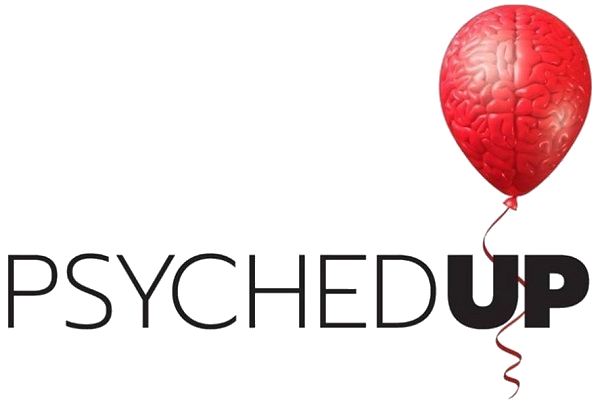PsychedUp is accredited by the CFPC for up to
12 Mainpro+ and by the Royal College 4.5 (Section 1) credits
Friday, November 27, 2020. 07:30-12:00 PST (10:30-15:00 EST)
Programs are only offered LIVE
Topic:
+ ADHD
+ Epigenetics
ADHD Learning Objectives:
1- Explain and interpret the DSM-5 diagnostic criteria for ADHD in adults
2- Identify when and how to utilize appropriate ADHD screening and monitoring tools
3- Compare how ADHD changes from childhood into adolescence and adulthood, including the associated risks of untreated illness
4- Review and interpret the CADDRA ADHD treatment guidelines
5- Categorize and compare the unique characteristics of psychostimulant and non-stimulant treatments, including initiation, dosing and monitoring
6- Identify common comorbid conditions and determine that appropriate approach to treatment for patients with ADHD and comorbidity
7- Critique treatment myths and analyze the evidence to enhance the confident diagnosis and treatment of ADHD in an adult population
8- Analyze clinical cases that highlight the didactic proportion of the program
EPIGENETICS learning objectives:
1- Review and interpret the basic science of genetics, including definitions of heritability, DNA, genes, histones and epigenetics
2- Define the different epigenetic processes that impact gene expression.
3- Identify what constitutes early-life adversity.
4- Review and interpret the evidence regarding the inflammatory basis for chronic mood and anxiety disorders.
5- Analyze evidence from animal models that brain development is tightly bound to parental care and other social and environmental factors.
6- Correlate evidence regarding the mind-body connection: the bidirectional relationship between mental and physical illnesses.
7- Analyze clinical cases that highlight the didactic proportion of the program
This event is an Accredited Group Learning Activity (Section 1) as defined by the Maintenance of Certification Program of the Royal College of Physicians and Surgeons of Canada, and approved by the University of Ottawa’s Office of Continuing Professional Development. You may claim a maximum of 4.5 hours (credits are automatically calculated).
FOR FAMILY PHYSICIANS ONLY: This 3 credit-per-hour Group Learning program has been certified by the College of Family Physicians of Canada for up to 12 Mainpro+® credits.
You will receive 4.5 Group Learning Activity (Section 1) credits for attending any PsychedUp CME. However, if you wish to earn the 12 Mainpro+ credits, the CFPC requires you to answer the following question, 2-3 weeks after the event.
The question is: "Based on what I learned at PsychedUp CME, I have made the following changes in my practice”.
2 to 3 weeks after any PsychedUp event you attend, we will send you this question, and when you submit your response, you will receive a second certificate for the 12 Mainpro+ credits.Nursing: Upon the completion of a PsychedUp CME program, we will email you a “proof of attendance” certificate.
Your PsychedUp CME educational experience is a Professional Development Activity. This includes conferences, teleconferences, seminars, workshops that apply to your certification specialty. Calculate the total hours attended. On average, claim 6 hours for each day spent at a conference. Learn more.American Medical Association (AMA): Through an agreement between the Royal College of Physicians and Surgeons of Canada and the American Medical Association, physicians may convert Royal College MOC credits to AMA PRA Category 1 Credits™. For more information on the process to convert Royal College MOC credit to AMA credit, please click here.
The CFPC has an agreement regarding credit reporting and reciprocity with the Royal College of Physicians and Surgeons of Canada (Royal College). Accredited Section 1 Royal College credits are eligible certified credits for CFPC members, up to a maximum of 50 credits per five-year cycle. Any additional credits are eligible as non-certified credits.

